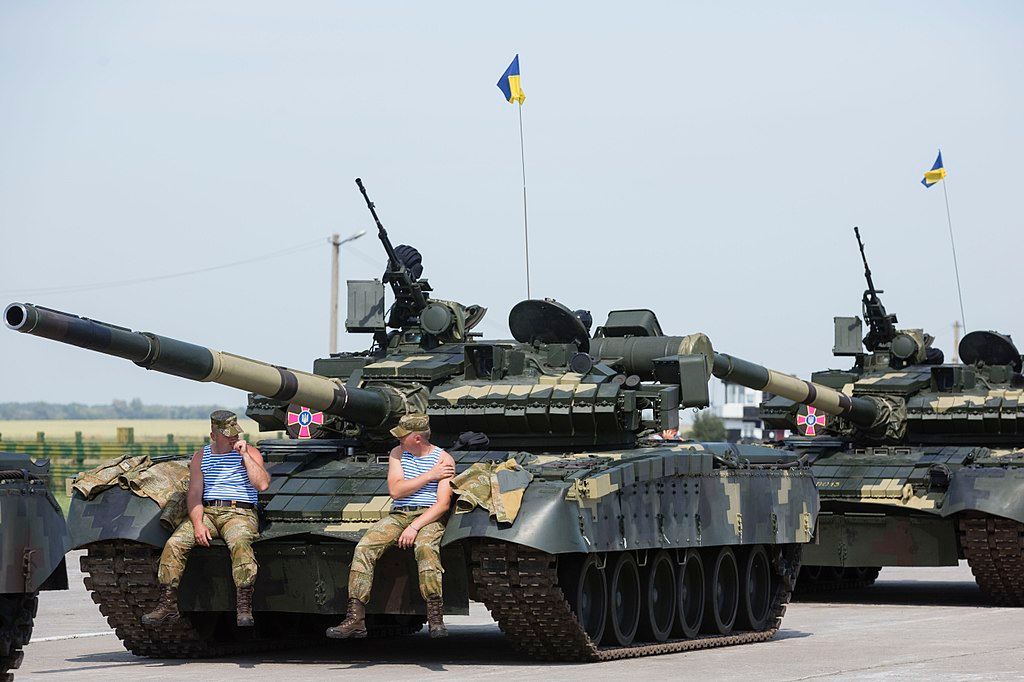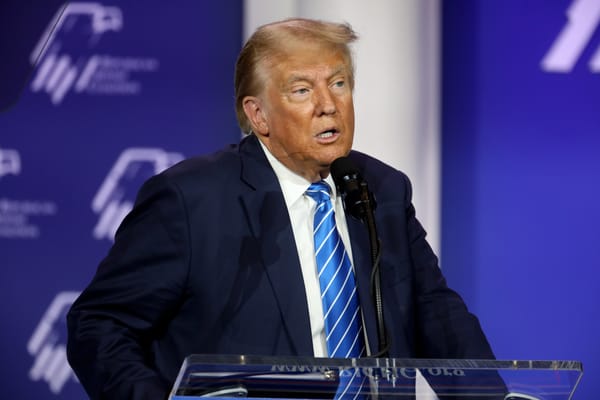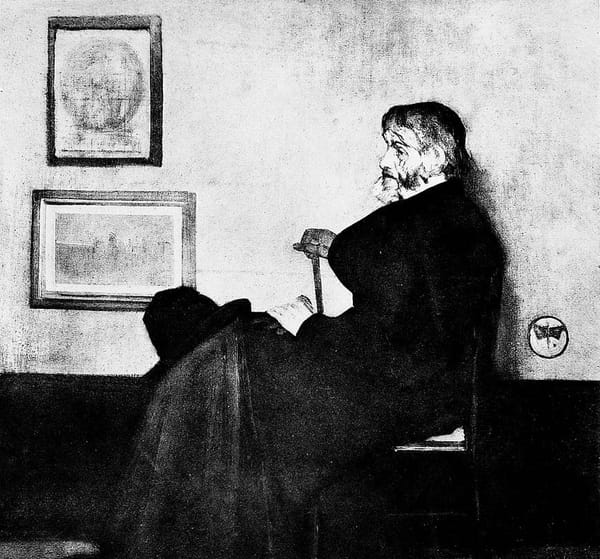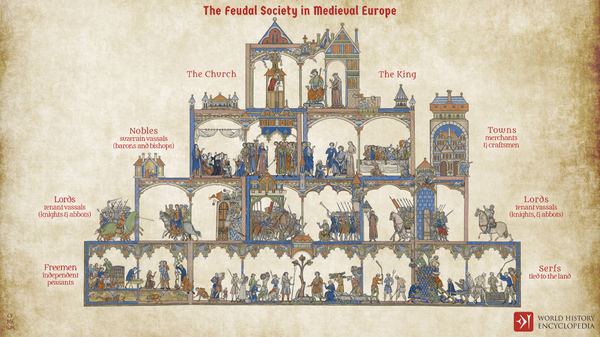Where Does the War in Ukraine Leave Liberal Deterrence?

As an answer to the realist position that the world is anarchic and thus military might is necessary for any state to maintain its power and, by extension, independence, liberals have often answered that the world has moved beyond all that. Liberals often point to the supposed “Kantian triangle”—international organizations, economic interdependence, and democracy—as a self-strengthening mechanism to lower the likelihood of conflict. In “International Systems: Vicious Circles and Virtuous Circles” Bruce M. Russett and Jon R. Oneal detail a theory that would move beyond pure power politics. They argue that in Europe, the expansion of economic interdependence has led to a broader acceptance of democracy and a growing role for international organizations. As a result, Western Europe has been nearly completely free from interstate conflict since World War II, and the expansion of institutions like the European Union has brought with it an expanding area of generally peaceful relations between member states. Russett and Oneal are hopeful in the work—published in the mid-1990s—that the same will hold true for former Soviet states and look forward to a similar pattern to take place in East Asia.
This narrative is attractive to liberals because it indicates that the fundamentally zero-sum game of military power is not the only one available for conducting foreign policy. Instead, deeply held liberal values like democracy and free trade, rather than being luxuries available only to the most secure nations, are treated as paths to a more peaceful future. Though this vision is not completely free from some conflict: a major reason interdependent economies are assumed to support peace, after all, is that those same profitable relationships can be cut off in the event of wrongdoing, and international organizations are similarly expected to use both carrots and sticks to exert pressure and uphold norms and rules.
The war in Ukraine should give pause to those who had put faith in this system.
The Kantian Triangle in shambles
The hope was always that Russia, once it was wealthy and integrated with Europe, would become a member of the “European community,” such that Russia invading its neighbors would be as unthinkable as France invading Belgium. Russia’s limited invasion in 2014 did little to disabuse the west of this notion. The most potent military force in the European Union, France, continued in its belief that Russia would not launch a full scale war on Ukraine right until the invasion happened. Among those who thought an invasion was plausible, the main response on the table were sanctions. After all, the sharp end of economic interdependence was that the Russian economy —a fraction the size of the EU and US ones—would shrivel up if cut off from these sources of trade.
This assumption turned out to be, in the short run at least, unfounded. After an initial dramatic slide, the ruble recovered (albeit with some heavy handed support from the Russian central bank). The Purchasing Managers Index for manufacturing also tumbled but has since started to recover. Foreign exchange continues to flow into Russian coffers through the sale of fossil fuels. Unemployment has been controlled; inflation has reached relatively high levels (17% at this writing), but not impossible ones. Months into both the conflict and sanctions, there is no indication that Russia’s economy has been dealt a crippling blow of the sort that would dissuade future aggressors. Indeed, had the “special military operation” been completed in a manner of days or weeks, it is unlikely sanctions would have had any serious impact at all; only stiff defense by the Ukrainian side has managed to forestall an expected surrender and thus give sanctions time to potentially bite into the Russian economy in the longer term.
This does not speak well of the Kantian Triangle. Russia was deeply economically intertwined with the rest of the world, with nearly half of its GDP consisting of trade (at 45%, this a greater portion than China or the US). It was involved in numerous institutions, including the European Council on Human Rights, the OSCE, and the G-7. None of these were able to restrain Russia in the least. And harsh words from the UN have been meaningless so long as Russia is able to veto any real action in the security council – threatening the relevance of the institution itself. Of course, the slide into authoritarianism has been long observed, but the economic and diplomatic ties to the rest of Europe were supposed to arrest that or at least blunt its worst excesses. If liberals fear a disruption of the status quo by another large, powerful state like China, any expectation that the economic or diplomatic consequences would be an adequate deterrent now looks overly rosy.
Do liberals then fall back on realism? Do we give up on developing a coherent foreign policy? Far from it. It is necessary though to draw a couple of lessons from the current conflict if we want to build a more robust international liberalism moving forward.
Lessons from Ukraine
The first is that liberal democracies are not invulnerable to attack and will require defense. The famous dictum that “two countries with a McDonalds have never fought each other” is obviously false. The question is whether another norm—that countries do not simply invade and annex huge chunks of their neighbors, occupied by millions of people—is in grave danger. The extent to which Ukraine is able to protect its territory will have deep ramifications in the future; a major loss here will certainly embolden future would-be conquerors. Tens of millions of people have expressed a desire to live in a liberal democracy, and if that hope is violently torn away from them, it will be a tragedy not just for Ukraine but also for the aspirations of hundreds of millions in the future.
The second point is related: liberal democracies, at least those with a strong sense of nationhood can defend themselves, given proper support. After the demonstrated weakness of the Afghan National Army against the Taliban and the Iraqi Army against the Islamic State, people began to feel that America’s allies were mere client states incapable of standing on their own. It is important to realize that not all states are alike, and even those with imperfect institutions and major divisions can be more resilient than we give them credit for. Helping them further develop both their ability to defend themselves and the institutions that will strengthen their long term prospects is a worthy investment.
Furthermore, the best support networks are local. Ukrainian refugees were immediately welcomed in by Poland, and almost as quickly, aid—both humanitarian and military—began flowing in the other direction. Poland, the Baltic states, and Czechia, as well as many other European states, quickly rallied to ensure that supplies were flowing steadily into Ukraine. Networks of mutually supporting allied democracies in the vicinity are crucial providing this kind of aid effectively. Unfortunately, the U.S. in many regions outside of Europe has adopted a hub-and-spokes approach to security, forming strong bilateral ties with selected allies but doing little to foster cooperation between those allies. This leaves these allies more vulnerable than European ones who can rely on one another, especially if the U.S. is constrained by distance, politics, or other considerations.
Finally, two points that align rather well with liberal views on the importance of economics in foreign policy: wealth matters and sanctions have diminishing returns. Russia’s economy dwarfs Ukraine, both absolutely and on a per-capita basis. Important economies around the world, like Brazil, India, and the like, have not placed sanctions on Russia because, frankly, there is no question of which state is more important to their economic well-being. Moreover, the U.S. already sanctions a wide variety of other countries, from Cuba to Iran. To exaggerate slightly, nobody is a pariah if everyone is a pariah. Effective sanctions are those that are used very sparingly—otherwise, it is easy for third countries to shrug them off, and sanctioned nations find a ready bevy of allies and trading partners.
Steps forward
Concretely, what do these lessons mean? First, it means that the current course of helping Ukraine defend itself is justified on a number of counts. Not only is it the correct action ethically, but it will, if successful, contribute more than anything in recent years to the deterrence of future would-be conquerors. Beyond that, the U.S. should be identifying, at least internally, those allies —ideally liberal democracies, however flawed—that may find themselves in similar straits. Especially in cases like Taiwan where the most likely aggressor is, like Russia, a nuclear power, it’s insufficient to simply rely on the deterrence provided by a potential, active U.S. defense, in case that defense is not feasible in the moment when it matters. In the event that an attack happens, and the U.S. cannot act directly without risking nuclear war, our allies must be able to defend themselves—and Ukraine has shown this is possible. This would be a prudent policy even if it meant a drawdown of some U.S. defense spending—it may be more cost efficient, for example, to outfit Taiwan with anti-ship capabilities than to upkeep the capacity to project that same power across the Pacific Ocean, especially when the relevant fleet may never be given permission to engage in the event of an invasion.
In areas of the world where the U.S. has close allies, diplomatic efforts should be taken to bring those allies closer to one another. This is especially true in East Asia, where Taiwan, Japan, and South Korea are all closely allied to the U.S. but have weaker links between one another. This is, of course, a challenging proposition given the decades of ill will, much of it rooted in historical atrocities, existing between Korea and Japan especially. This is not unique, however. The creation and expansion of NATO also required reconciling those parties who harbored deep resentments and even territorial disputes against one another. As U.S. diplomacy evolves, it would be wise to aim for, from the beginning, replicating the connections between allies enjoyed within Western Europe, rather than the hub and spokes model typical of East Asian diplomacy.
In terms of international economic policy, the path forward is clear. Sanctions are negative sum—they hurt the U.S. even as they seek to punish other countries. Reserving them for the most egregious violators of international norms will both strengthen them when applied and grow the economies of the United States and its allies by opening them up to more trade. But American policy should go beyond simply opening trade: as the U.S. forges new alliances and strengthens old ones, it should take steps to accompany friendly diplomacy with increased prosperity. Ensuring that states like Japan and West Germany quickly recovered in the immediate postwar period was crucial to U.S. Cold War policy, and the growing wealth of states like South Korea and Poland has continued to serve the interests of liberalism well. The U.S. should seek to ensure that its allies in Southeast Asia, Africa, and Latin America are able to attain the same material well-being. The chasm in wealth between Russia and Ukraine has made the latter country far more vulnerable and these disparities should be rectified. Where similar disparities exist—for example, with China relative to Vietnam or the Philippines—it may be economic development of these poorer countries, not force of arms, that best balances the scales to protect a liberal world order.




